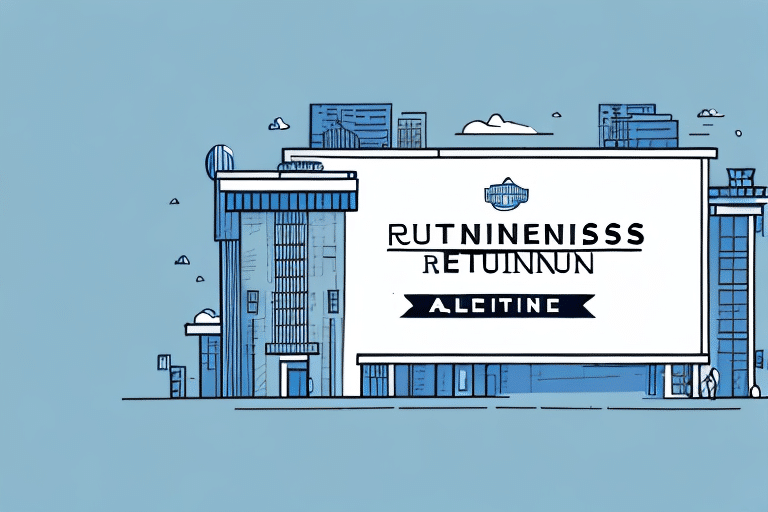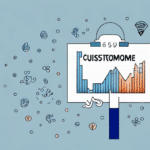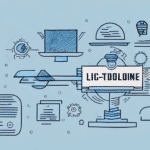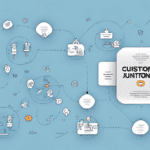Benefits of Customer Retention for Business Success
In today’s fiercely competitive business landscape, focusing on customer retention is essential for maintaining a competitive edge. Retaining existing customers not only saves costs but also drives sustainable growth for businesses.
Increased Revenue and Customer Lifetime Value
Loyal customers are more likely to make repeat purchases and explore additional products or services. According to a study by Harvard Business Review, increasing customer retention rates by 5% can lead to a profit increase of 25% to 95%. This highlights the significant impact that retaining customers can have on a company's bottom line.
Enhanced Reputation and Brand Loyalty
Satisfied customers are more likely to leave positive reviews and recommend the business to others. This word-of-mouth marketing is invaluable, as it builds trust and attracts new customers. A strong reputation also helps in differentiating the brand from competitors.
Cost Savings Through Reduced Acquisition Costs
Acquiring new customers can be up to five times more expensive than retaining existing ones. By focusing on customer retention, businesses can allocate resources more efficiently, reducing marketing and advertising expenses while increasing overall profitability.
Building Strong Customer Relationships
Establishing and maintaining strong relationships with customers is fundamental to enhancing retention rates. Understanding customer needs and fostering trust can lead to long-term loyalty.
Understanding Customer Needs and Preferences
Businesses should invest in understanding the unique needs and preferences of their customers. This can be achieved through regular feedback, surveys, and data analysis, allowing companies to tailor their offerings accordingly.
Effective Communication and Transparency
Clear and transparent communication helps in building trust. Proactively addressing customer concerns and maintaining open lines of communication ensures that customers feel valued and heard.
Personalized Experiences
Personalization plays a crucial role in customer satisfaction. By leveraging customer data, businesses can offer personalized recommendations, targeted promotions, and customized services that resonate with individual customers.
Strategies to Improve Customer Retention
Implementing effective strategies is key to enhancing customer retention rates and driving business growth.
Delivering High-Quality Products and Services
Consistently offering products and services that meet or exceed customer expectations is fundamental. Quality assurance and continuous improvement help in maintaining customer satisfaction and loyalty.
Enhancing the Customer Experience
Improving every touchpoint of the customer journey can significantly boost retention. This includes user-friendly website navigation, efficient customer support, and a seamless purchasing process.
Implementing Loyalty Programs
Loyalty programs incentivize repeat purchases by rewarding customers for their continued business. These programs can include discounts, exclusive offers, or points systems that encourage ongoing engagement.
Creating a Community Around Your Brand
Building a community through social media, forums, and events fosters a sense of belonging among customers. Engaged communities are more likely to remain loyal and advocate for the brand.
Avoiding Common Retention Mistakes
While striving to retain customers, businesses must be aware of common pitfalls that can undermine their efforts.
Ignoring Customer Feedback
Failing to listen to and act upon customer feedback can lead to dissatisfaction. Businesses should actively seek and respond to feedback to address issues and improve offerings.
Overusing Aggressive Sales Tactics
Pushy sales approaches can alienate customers. Instead, businesses should focus on building genuine relationships and providing value without overwhelming customers with constant sales pitches.
Neglecting Personalization
Generic interactions can make customers feel undervalued. Personalizing communications and offers based on customer data enhances the overall experience and fosters loyalty.
Measuring and Analyzing Retention Efforts
To ensure the effectiveness of customer retention strategies, businesses must track and analyze key metrics.
Key Metrics to Track
- Customer Lifetime Value (CLV): Measures the total revenue a business can expect from a single customer account.
- Retention Rates: The percentage of customers who continue to do business with a company over a specific period.
- Customer Satisfaction Scores (CSAT): Gauges how satisfied customers are with a company’s products or services.
- Net Promoter Score (NPS): Assesses the likelihood of customers recommending the business to others.
Calculating Return on Investment (ROI)
Understanding the ROI of retention efforts involves comparing the costs associated with retention strategies against the revenue generated from retained customers. This analysis helps in optimizing resource allocation and enhancing profitability.
The Role of Technology and Innovation in Retention
Leveraging technology is crucial for enhancing customer retention through improved engagement and personalized experiences.
Customer Relationship Management (CRM) Systems
CRM systems help businesses manage customer interactions, track preferences, and analyze behavior to tailor marketing efforts effectively.
Automated Communication Tools
Automated email campaigns, chatbots, and personalized messaging ensure consistent and timely communication with customers, enhancing their overall experience.
Data Analytics and Predictive Modeling
Advanced analytics enable businesses to predict customer behavior, identify at-risk customers, and implement proactive retention strategies.
Future Trends in Customer Retention
Staying ahead of emerging trends is essential for maintaining high retention rates and adapting to evolving customer expectations.
Artificial Intelligence and Machine Learning
AI and machine learning are revolutionizing customer retention by enabling more personalized and predictive interactions. These technologies can anticipate customer needs and automate tailored responses.
Omnichannel Engagement
Providing a seamless experience across multiple channels—such as social media, email, and mobile apps—ensures that customers can interact with the brand in their preferred way, increasing satisfaction and loyalty.
Sustainability and Ethical Practices
Consumers are increasingly valuing sustainability and ethical business practices. Demonstrating a commitment to these values can enhance brand loyalty and attract socially conscious customers.
Enhanced Personalization Through Big Data
Utilizing big data allows businesses to gain deeper insights into customer behavior and preferences, enabling more precise and effective personalization strategies.
Conclusion
Customer retention is a vital component of business success, offering numerous benefits from increased revenue to enhanced brand reputation. By building strong relationships, implementing effective strategies, avoiding common pitfalls, and leveraging technology, businesses can significantly improve their retention rates. Staying abreast of future trends ensures that companies remain competitive and continue to meet the evolving needs of their customers.




















